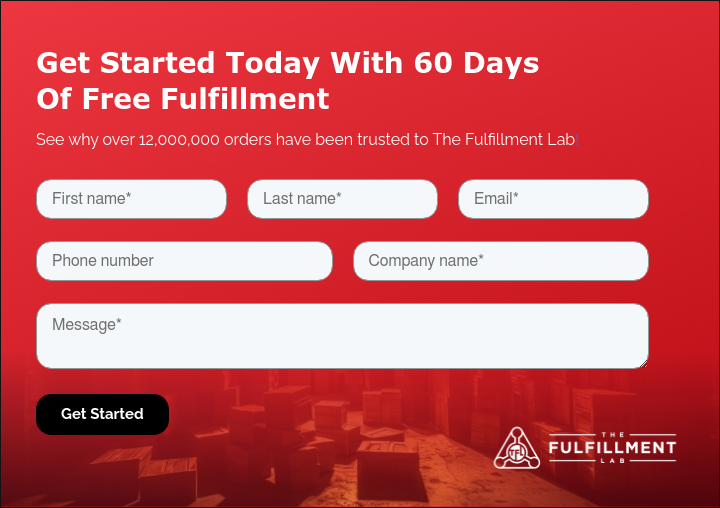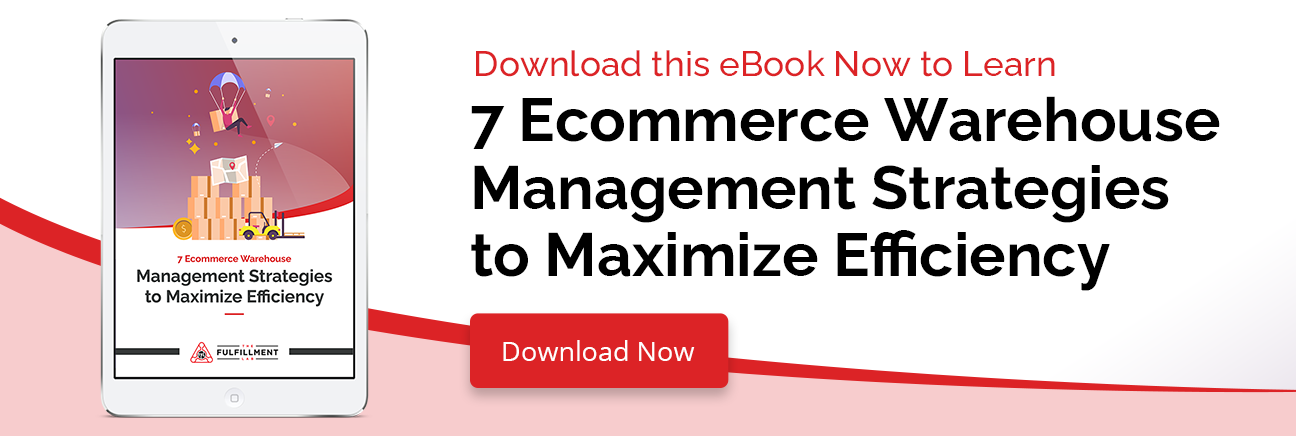Ecommerce Laws & Regulations Every Online Business Should Know
The early days of eCommerce were a bit like the wild, wild west. It was uncharted territory, and everyone was doing everything they could to cash in on the craze. Unsurprisingly, eCommerce laws were quickly put into place in order to protect everyone involved in an eCommerce transaction. After all, this was no craze; in fact, eCommerce sales are expected to surpass in-store purchases in just three years!
What Is Ecommerce Law?
Ecommerce law is a set of legal issues that impact the online retail industry. Each type of eCommerce company must abide by certain laws and regulations, just like any other business, and failure to do so can result in legal issues and lawsuits.
While retail eCommerce giants like Amazon or Walmart, and service-based retailers like Uber and Lyft, undoubtedly have an army of eCommerce lawyers ready to tackle any challenge, it’s not as easy for small and medium-sized eCommerce businesses due to budgetary constraints. So, let’s take a look at some of the online business regulations that every eCommerce business needs to be aware of.
11 E Commerce Laws Every Business Needs to Know
It’s important that all eCommerce businesses consult with a lawyer familiar with eCommerce law, as well as an insurance agent, in order to protect themselves and their business. In the meantime, we’ve done our best to outline the laws and regulations you need to familiarize yourself with and ask a professional about.
1. Forming a Business Entity
Forming a limited liability company (LLC) is one of the most important things an eCommerce business can do for itself. When you form an LLC, you’re establishing a new business entity that’s legally separate from its owners. This protects the owners’ personal assets from being used to pay creditors should the company run into financial trouble.
So, if the LLC can’t pay its debts, the LLC’s creditors can go after the LLC’s bank account and other assets. However, the owners’ personal assets such as their home, vehicles, and bank accounts, can’t be touched. An LLC owner only risks the amount of money that has been invested in the business. As with anything, there can be exceptions, so it’s best to consult with a lawyer specializing in eCommerce law.
2. Paying Taxes
“Nothing is certain except death and taxes,” once said Benjamin Franklin. So, eCommerce businesses need to apply for a tax ID and look into whether they qualify for sales tax exemption and resale certificates. It’s important to remember that every state and country has different expectations and standards when it comes to taxes, so researching your target market is crucial.
For example, if most of your customers are in the US, you’ll probably want to list your process pre-tax as is common in the states. However, if your target market is Australia where shoppers are used to seeing post-tax prices, you’ll want to include tax in your display price.
Other eCommerce tax laws are based upon what you’re selling and where you’re selling from. Here are just a couple of examples:
- If you’re selling clothing out of New York, clothing is taxed in your state.
- Value-added tax (VAT) applies to all non-essential goods in Britain.
- Items sold in plastic bottles in California have a $0.11 recycling fee, plus additional taxes.
This is just one of the many reasons why consulting with a tax professional can benefit your eCommerce business.

3. Choosing a Payment Gateway
How do you want to get paid after making a sale? There are a variety of payment gateways, but not all are created equally. Here are a few considerations when choosing your payment gateway:
- Is it hosted or non-hosted?
- Is it equipped with anti-fraud features?
- Are there any restrictions on products?
- Are there transaction, termination, monthly, or setup fees?
- How do they handle payment processing issues, chargebacks, and holdbacks?
4. Using Trademarks, Patents, and Copyrights
Despite these words sometimes being used interchangeably, they’re all very different. Here is how the United States Patent and Trademark Office defines each.
- Trademark: A word, phrase, symbol, and/or design that identifies and distinguishes the source of the goods of one party from those of others.
- Patent: A limited duration property right relating to an invention, granted by the United States Patent and Trademark Office in exchange for public disclosure of the invention.
- Copyright: Protects works of authorship, such as writings, music, and works of art that have been tangibly expressed.
Depending on the product or service you’re selling, you may want to apply for one or all of these. Even though it’s not necessary to do so, most eCommerce businesses will want to protect and control their intellectual property rights online. Even if you do not, you should at least check to be sure you’re not infringing on other company’s patents or trademarks; for example, if you sell mobile phone cases with an unlicensed Mickey Mouse on them, you’re probably going to get in some hot water with Disney.
5. Understanding Shipping Restrictions
What are you shipping? Some items are prohibited to be shipped, while others are only restricted by certain carriers (so, if UPS won’t ship your product, check FedEx, or vice versa). Most carriers highlight restricted items online. Some of the most commonly restricted products include:
|
Aerosols |
Animals |
Explosives |
Nail Polish |
|
Airbags |
Cigarettes |
Fruits & Vegetables |
Perfumes |
|
Alcoholic Beverages |
Drugs (OTC or otherwise) |
Hazardous Materials |
Perishables |
|
Ammunition |
Dry Ice |
Live Plants |
Poison |
For information on shipping internationally, view the Federal Trade Commission’s Electronic Commerce: Selling Internationally guide which covers taxes, duties, and customs laws.
6. Determining Inventory Size
You may be content with shipping products that are being stored in your garage or attic. However, your business could eventually become too large to legally run out of your home! If you’ll be holding a significant amount of inventory, you need to check your lease, deed, or zoning codes to see if there are any restrictions on running an eCommerce business from your home.
Don’t panic, of course – you don’t need to shut down the business. Instead, look toward renting warehouse space or partnering with a third-party logistics (3PL) company like The Fulfillment Lab. By offloading storage and order fulfillment, you gain back your space and gain access to our technology and fulfillment experts. You’ll also save money, as we ship packages through fewer shipping zones and have negotiated rates with carriers. For more, check out 10 Reasons to Use a Fulfillment Center for Your Ecommerce Shipping.
7. Understanding Age Restrictions
Without exception, all websites must comply with the Children’s Online Privacy Protection Act (COPPA). The regulation most likely to affect your eCommerce business states that you’re not allowed to collect any personal information from a child under the age of 13.
- If your product is tailored to children, you’ll need to review COPPA regulations more closely.
- If your product is an age-restricted item for adults, you’ll need to check your country’s specific codes and follow age verification procedures.
8. Obtaining Business Insurance
To protect yourself and your business from liability, you’ll want insurance for small businesses. We recommend speaking with a small business insurance provider to learn which would be best for your business, product, and location. Some insurance options you may want to consider include:
- General liability, which helps cover your costs to respond to a claim that your business caused property damage or bodily injury.
- Product liability, a must-have for high-risk products, like CBD, vapes, or medical devices.
- Professional liability, which protects your business against malpractice, error, and negligence.
- Commercial liability, which protects your business from financial loss should you be liable for property damage or personal and advertising injury caused by your services, business operations or your employees.
9. Licenses and Permits
Does your business need a license or permit? While most online businesses don’t need them, yours may, depending on where you’re located, what you’re selling, and the selling laws of that state or country. Legal Zoom is a great resource for learning about eCommerce regulations surrounding licenses and permits.
10. Following PCI Compliance
The Payment Card Industry Data Security Standard (PCI DSS) was created in 2006 by payment card industry leaders from Visa, MasterCard, American Express, Discover, and JCB with the goal of protecting all parties involved in payment transactions. While PCI compliance is not a legal requirement, failing to follow PCI protocols could get eCommerce retailers into legal trouble. How?
Let’s say your business suffers a data breach, and resulting investigations reveal that your processes were not PCI compliant. Then, you may be subject to thousands of dollars in government and payment card issuer fines and fees, and lawsuits and insurance claims may be brought against you for failing to comply with PCI standards. This can cost you money, customers, and ultimately, your business.
11. Following FTC Compliance
Planning on marketing or advertising your product or business online? Then the Federal Trade Commission (FTC) wants to have a word with you! There are a number of rules you must follow to remain compliant with the FTC. For example:
- Will you be emailing customers? The FTC’s CAN-SPAM Act has established requirements for commercial messages, giving recipients the right to have you stop emailing them. If you don’t, there may be strict penalties for violations.
- Are you allowing online reviews? The FTC’s Consumer Review Fairness Act protects consumers’ ability to share their honest opinions about a business’s products, services, or conduct in any forum – and that includes social media.
- Are you engaging in deceptive marketing practices? Anything from false claims to phony reviews can get you into hot water with the FTC.
Those are just some of the stipulations you need to know about. For more, visit the FTC website.
Always Seek Professional Legal Advice About eCommerce Laws and Regulations
While we’ve done our best to outline the laws and regulations you need to understand as an eCommerce retailer, there’s no substitute for the advice of a professional. To keep your nose clean, we recommend reaching out to one to be sure all your i’s are dotted and t’s are crossed. And, if you’re looking for a fulfillment solutions provider like we mentioned earlier in this story, contact the experts at The Fulfillment Lab today! We offer far more than just storage space. It all begins with our warehouse kitting services.




